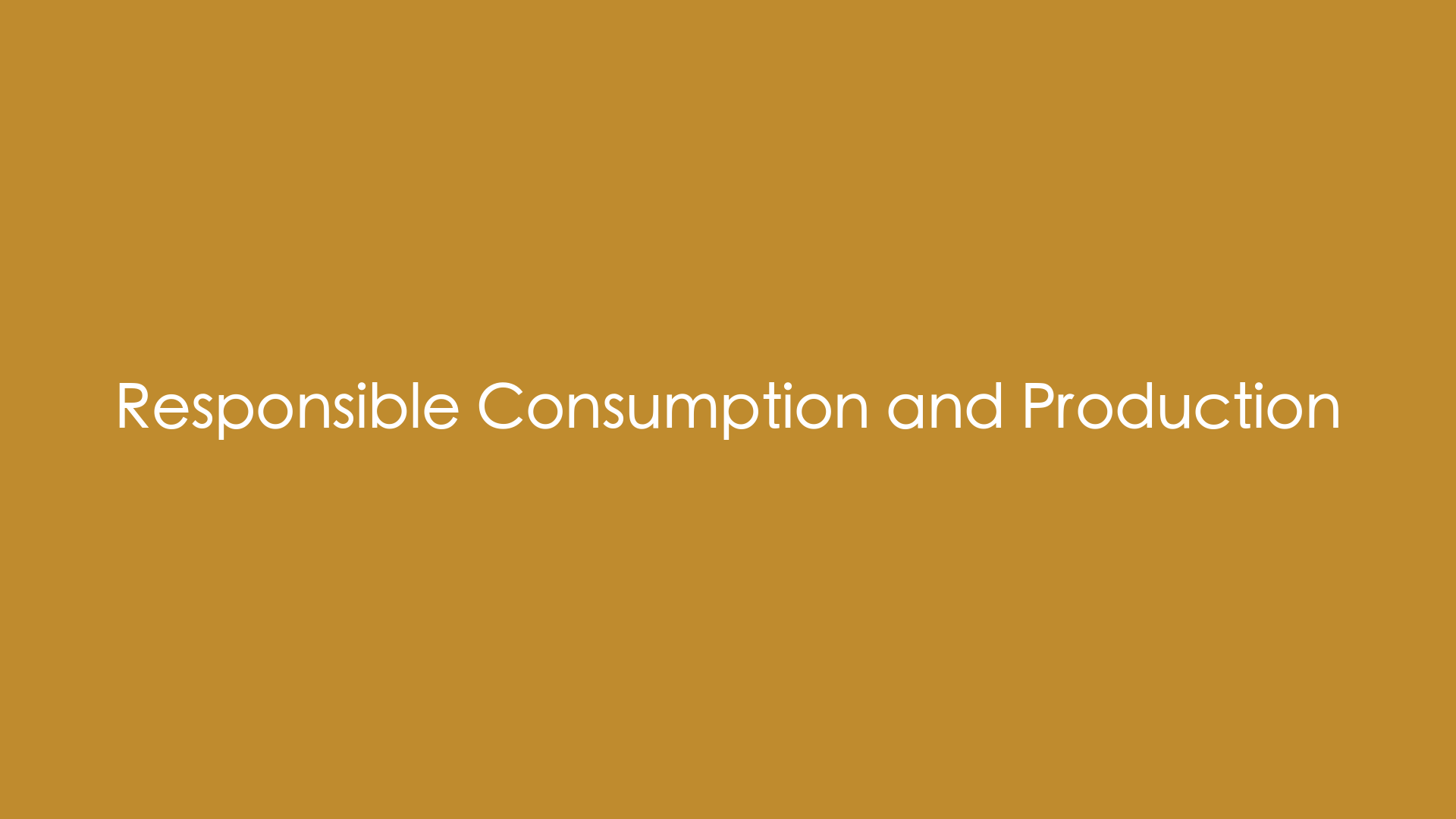Why it is a problem
Current patterns of production and consumption have led to environmental degradation and resource depletion, posing a threat to our planet. Here’s why this remains a significant issue:
- Environmental Impact: Many production processes contribute significantly to pollution, climate change, and biodiversity loss.
- Resource Depletion: Overconsumption and inefficient resource use deplete natural resources, some of which are non-renewable and cannot be replaced.
- Waste Generation: High consumption levels lead to excessive waste, which often isn’t managed properly, causing environmental and health issues.
- Unsustainable Practices: Many companies still lack the incentives or capabilities to transition to more sustainable production methods.
What can individuals do
Individual actions can significantly contribute to responsible consumption and production:
- Consume Responsibly: Consider the environmental impact of your purchases, choose sustainable products, and try to reduce, reuse, and recycle.
- Support Sustainable Businesses: Support companies that use sustainable production methods and are transparent about their environmental impact.
- Educate and Advocate: Raise awareness about the importance of sustainable consumption and advocate for policies that promote responsible production practices.
- Reduce Waste: Minimize waste production in your daily life, compost organic waste, and dispose of electronic and hazardous waste responsibly.
The benefits of solving it
Promoting responsible consumption and production can result in numerous benefits:
- Environmental Sustainability: Responsible production reduces pollution, mitigates climate change, and conserves natural resources.
- Economic Efficiency: Efficient resource use can reduce production costs and open new business opportunities in the green economy.
- Health and Well-being: Less pollution leads to cleaner air and water, reducing health risks associated with environmental contamination.
- Long-term Availability of Resources: Sustainable consumption ensures that future generations will have access to the resources they need.
